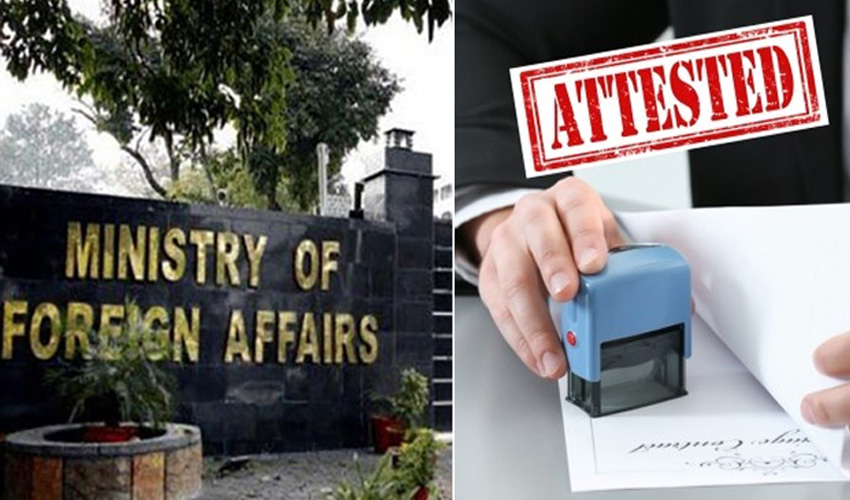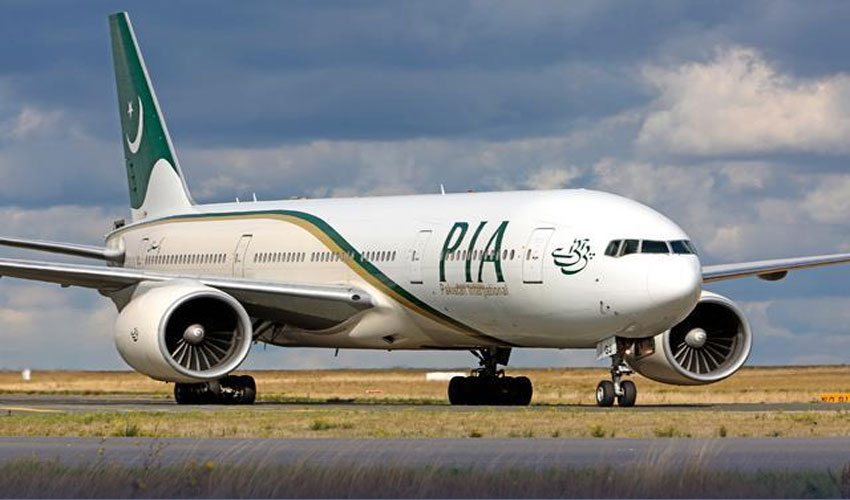The Foreign Ministry has temporarily suspended the walk-in facility for apostille and general attestation in Islamabad and its liaison offices in Karachi and Lahore.
To facilitate the apostille and general attestation services for the public, the ministry in Islamabad and its liaison offices in Karachi and Lahore are providing document attestation services through courier companies. It encourages the public to visit designated collection points for apostille and general attestations.
Earlier this month, the Foreign Ministry announced significant changes to the apostille verification procedures for educational, legal, and commercial documents, aimed at enhancing accessibility and transparency.
Previously, securing appointments for apostille attestation often fell prey to agent monopolies, who would resell them at exorbitant prices, exploiting the urgency of applicants.
Also Read: Pakistan simplifies apostille verification; new procedures & fees
To counteract this, the ministry abolished the appointment system altogether. Now, applicants can directly visit designated centres in Islamabad, Lahore, and Karachi for document verification.
New fee structure introduced
Alongside procedural changes, a revised fee structure has been implemented:
- Personal and educational documents: Rs3,000 per document
- Legal documents: Rs4,500 per document
- Commercial documents: Rs12,000 per document
This marks a significant increase from previous rates of Rs500, Rs700, and Rs3,000, respectively. The ministry asserts that these adjustments are necessary to maintain service standards and cover administrative costs.
Distinguishing between attestations
It is important to differentiate between Ministry of Foreign Affairs attestation and Apostille attestation. Documents certified by the ministry are valid for six months unless used, necessitating re-certification thereafter.
Conversely, Apostille certification, governed by an international agreement under The Hague Conference, ensures perpetual validity across 166 member countries, including Oman and Bahrain for which it is mandatory.



























